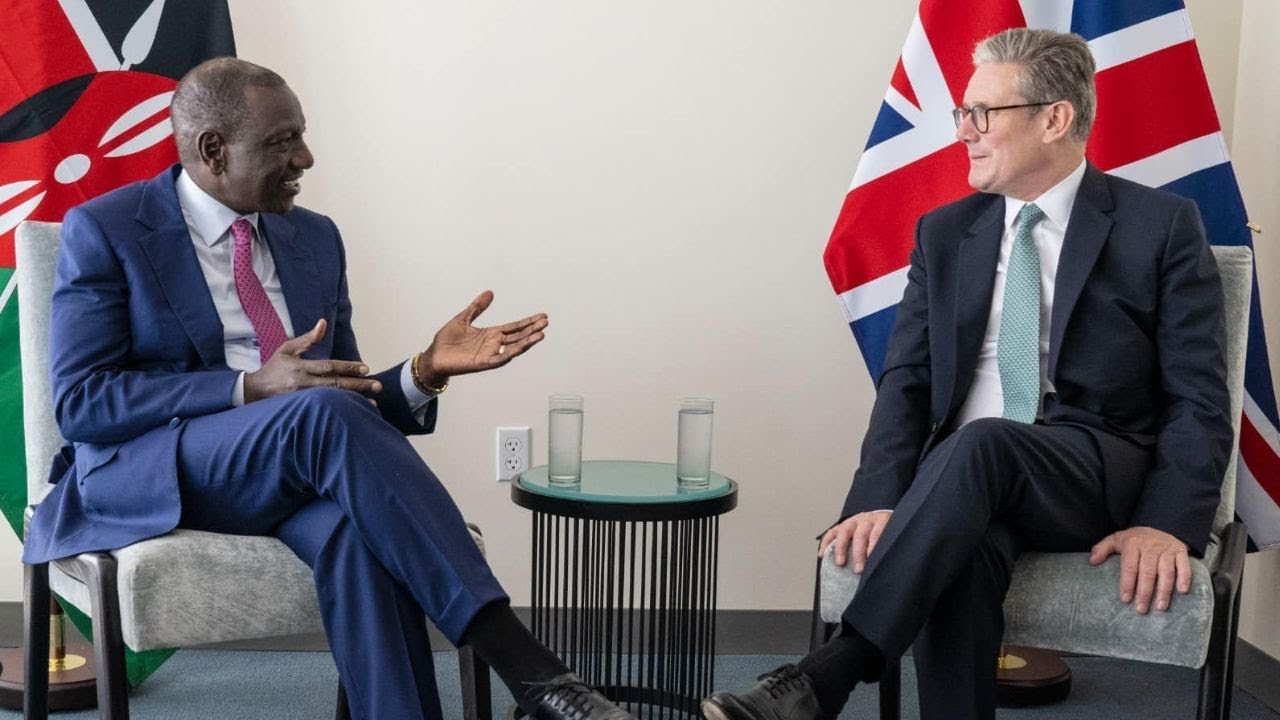NAIROBI, KENYA — The United Kingdom (UK) has permanently terminated its care worker visa program and unveiled a series of revised immigration regulations targeting foreign labor, including Kenyan nationals.
Prime Minister Keir Starmer announced on Monday, May 12, that the UK would “take back control” of its borders by ending what he described as “Britain’s open borders experiment.” He further accused previous administrations of over-relying on inexpensive foreign labor to the detriment of British workers.
“We are permanently shutting down the care visa route. Care workers from overseas have made a huge contribution, but too many have been subject to abuse and exploitation. “We are moving away from our dependence on overseas workers to restore control and fairness to the system,” the Prime Minister stated.
Consequently, this policy shift will affect countries such as Kenya, which entered into a bilateral labor agreement with the UK in November 2021. This agreement facilitated the migration of Kenyan care workers to fill positions within the British health sector.
The decision is also a setback for numerous Kenyan care workers who have been relocating to the UK in phases since the Kenya-UK Labour Agreement created pathways for health professionals to secure employment in care homes and health institutions.
Other key reforms announced by the UK
The Prime Minister also announced an increase in English language proficiency requirements across all major immigration routes, including for adult dependents.
“We are raising English language requirements across every main immigration route, ensuring those wishing to live and work here speak English.
“And for the first time, adult dependents on those routes will also be required to have a basic understanding of English,” announced PM Keir Starmer.
Furthermore, the government is raising the skill threshold for work-based migration to degree level, thereby eliminating jobs requiring diploma-level and lower-level certifications.
The UK has also announced the extension of settlement and citizenship timelines, requiring migrants to reside in the UK for 10 years instead of the current 5, unless they make significant economic contributions.
“Settlement in the UK is a privilege, not a right,” he remarked.
Additional reforms
Concurrently, the UK government is introducing higher Immigration Skills Charges for UK employers who hire foreign nationals, with the aim of incentivizing them to hire and train domestic talent.
“This charge has remained static since 2017. By raising the fees, we’re encouraging businesses to create opportunities and career progression for British workers,” the Prime Minister explained.
All overseas citizens will be issued with Digital IDs and eVisas to enhance enforcement and combat illegal overstays.
“We are taking back control of our borders through our Plan for Change. Lower net migration. Higher skills. Backing British workers,” he added.


